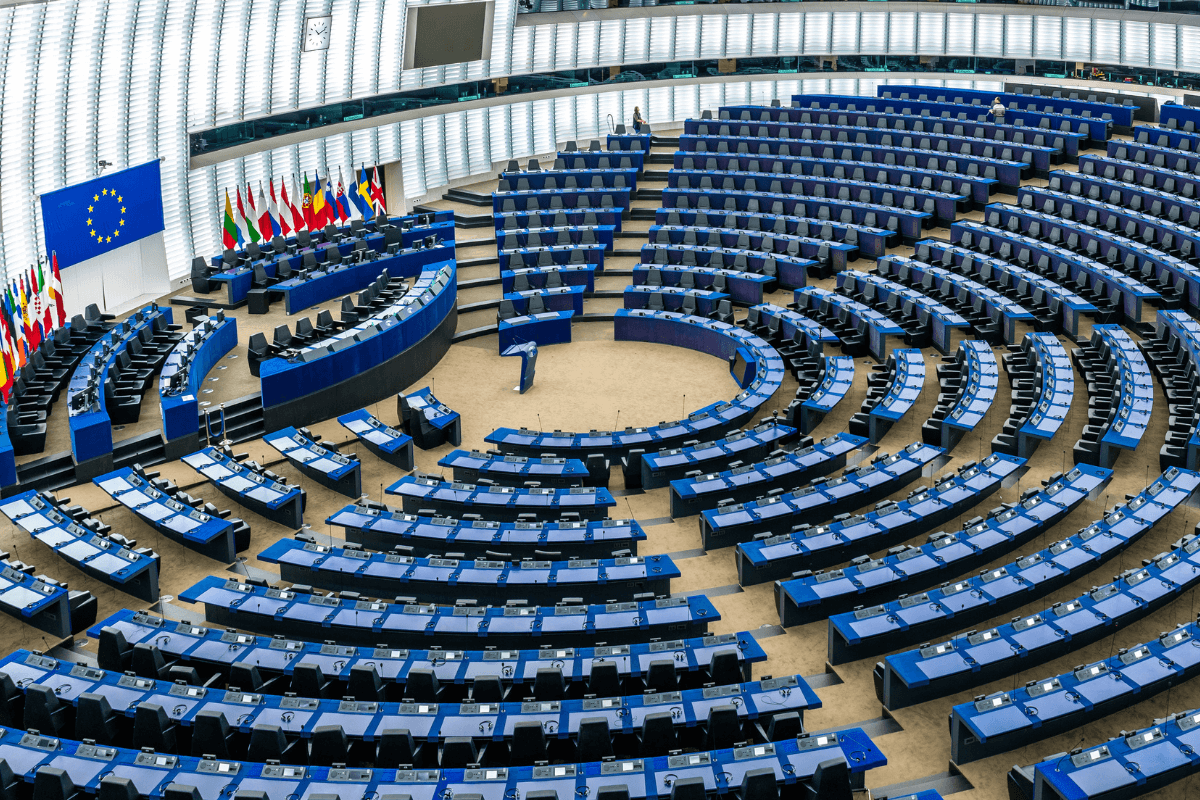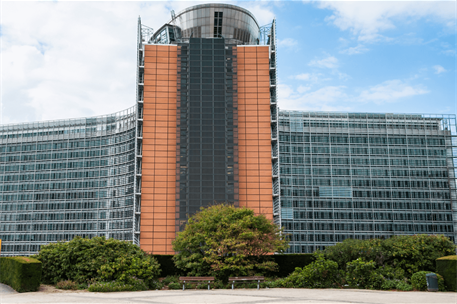
What is the European Parliament?
The European Parliament is the institution that directly represents the citizens of the EU, who elect its members every five years by direct universal suffrage.
MEPs look after the interests of citizens, ensure the democratic functioning of other EU institutions and promote human rights inside and outside the EU.
The European Parliament is one of the three pillars of the institutional architecture of the EU, along with the Council of the EU, which represents the interests of the member states, and the European Commission, which looks after the general interest of the EU and the implementation of Community treaties.
Where is the European Parliament based?
Parliament has three seats. The official seat is in Strasbourg (France), while Brussels (Belgium) is where most of the work of the parliamentary committees takes place and Luxembourg is home to the seat of the General Secretariat.
What are the functions of the European Parliament?
Successive European treaties have increased the powers of the Parliament, which has become a key player in setting the direction of the European project. The main functions of the Parliament are:
Legislative powers
- Adoption of EU legislation, together with the Council of the EU.
- Review of the European Commission's work programme and the request of proposals for legislation from the European Commission.
Budgetary powers
- Together with the Council, establishment of the EU's annual budget.
- Adoption of the long-term financial framework (Multiannual Financial Framework).
Supervisory functions
- Democratic control of all EU institutions.
- Election of the President of the Commission and approval of the College of Commissioners as a whole. Parliament can withdraw confidence in the Commission by means of a motion of censure.
- Examination of citizens' petitions.
The Parliament also has other important functions, such as deciding on enlargements of the EU and on certain international agreements, as well as cooperating with national parliaments on European affairs.
What is the composition of the European Parliament?
The Parliament consists of a maximum of 751 representatives of the citizens of the EU, including the President, who is elected by direct suffrage by all voters of the EU for a 5-year term of office.
The number of MEPs elected in each country is roughly proportional to its population, but on a sliding scale: no country can have more than 96 MEPs or less than 6. This means that the more populous member states agree to be under-represented to favour greater representation of the less populous states.
In the parliamentary term ending in 2024, the number of MEPs was 705. In the European Parliament elections to be held from 6 to 9 June 2024, the number of seats increases to 720 to reflect demographic changes since the 2019 elections. Spain has two of the new 15 seats.

How is the European Parliament organised?
MEPs are not grouped by nationality, but by political affinity. Each group must be made up of MEPs elected in at least one quarter of the member states and have a minimum of 25 MEPs.
Parliamentarians elect one of the MEPs as President for a two-and-a-half-year renewable term. The President represents Parliament to the other EU institutions and externally and oversees plenary debates. The MEPs also elect 14 vice-presidents.
How does the European Parliament work?
The European Parliament does not legislate alone: European laws are the result of cooperation between the Commission, Parliament and the Council of the EU. The former has the legislative initiative and drafts proposals for new EU legislation. The Parliament and the Council are responsible for approving, amending or rejecting these proposals. These two institutions usually operate on an equal footing, but depending on the subject matter one may have a greater role in the process than the other.
In Parliament, legislation is prepared in committees, each of which deals with a particular area. Committees examine proposed legislation, and MEPs and political groups can table amendments or propose the rejection of a draft.
Legislation is adopted in plenary sessions. At these meetings, all MEPs meet to discuss and take the final vote on the proposed rule and its amendments. Plenary sessions are normally held in Strasbourg for four days a month, although sometimes there are additional sessions in Brussels.
How can citizens engage with the European Parliament?
Citizens and organisations based in the EU have the right to lodge complaints and petitions to the European Parliament on matters which concern them directly and which fall within the sphere of activity of the EU.
In addition, if you feel you have been treated wrongly by a European institution, you can contact the European Ombudsman.
Citizens can also raise initiatives for European legislation. The institutions are under the obligation to consider all initiatives that collect more than one million signatures from at least seven EU countries.
Non official translation






